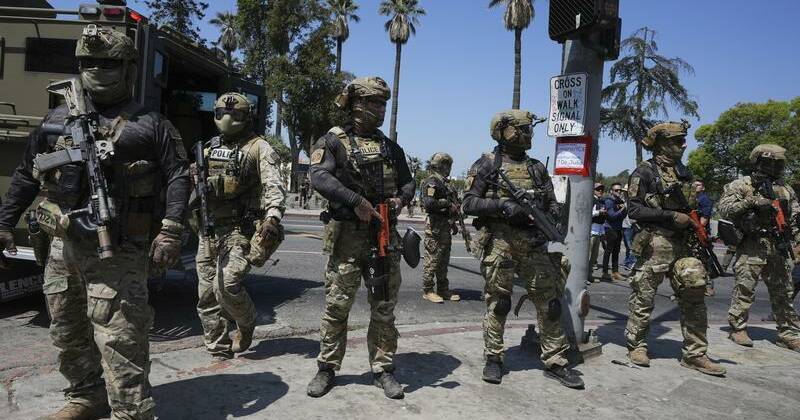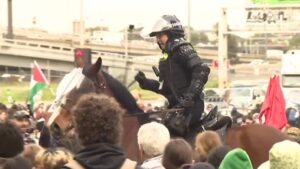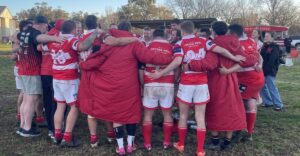
A federal appeals court has upheld a ruling that prevents US government agents from making immigration-related arrests in Los Angeles without probable cause. The decision, issued by the US Court of Appeals for the Ninth Circuit, rejects a request from the Trump administration to lift the lower court’s temporary restraining order. This ruling signifies a critical moment in the ongoing debate over immigration enforcement practices in the United States.
The three-judge panel determined that the plaintiffs in the case would likely demonstrate that federal agents have conducted arrests based on individuals’ appearance, language, and the locations they frequent. The ruling supports a lawsuit that includes the city of Los Angeles and other municipalities in Southern California, filed by the American Civil Liberties Union (ACLU) in June 2023. The lawsuit accuses federal agents of employing unlawful and discriminatory tactics, such as racial profiling, to fulfill immigration arrest quotas.
In June, President Donald Trump deployed National Guard troops and US Marines to Los Angeles in response to protests against immigration raids, marking a controversial use of military support for civilian law enforcement. Following this, a California judge issued a ruling in July that blocked the Trump administration from racially profiling immigrants and from denying them access to legal representation during detention.
In the most recent ruling, the appeals court emphasized that federal officials cannot detain individuals solely based on “apparent race or ethnicity,” language spoken, or the places they are found, such as “bus stops, car washes, tow yards, day laborer pick-up sites, and agricultural sites.”
The Department of Homeland Security and US Immigration and Customs Enforcement did not respond immediately to requests for comments outside of business hours.
Los Angeles Mayor Karen Bass hailed the court’s decision as a victory for the city and its residents. “The Temporary Restraining Order that has been protecting our communities from immigration agents using racial profiling and other illegal tactics will remain in place for now,” she stated, underscoring the importance of the ruling for local communities.
Mohammad Tajsar, senior staff lawyer at the ACLU Foundation of Southern California, also welcomed the decision. “This ruling further confirms that the administration’s paramilitary invasion of Los Angeles violated the Constitution and caused irreparable injury across the region,” he remarked.
The implications of this ruling extend beyond Los Angeles, as it reflects broader tensions surrounding immigration enforcement in the United States. The case underscores the ongoing struggle between federal policies and local governance, particularly regarding issues of civil rights and community safety.
As discussions surrounding immigration reform continue, this decision may shape future policies and practices, emphasizing the need for adherence to constitutional principles in the enforcement of immigration laws.







